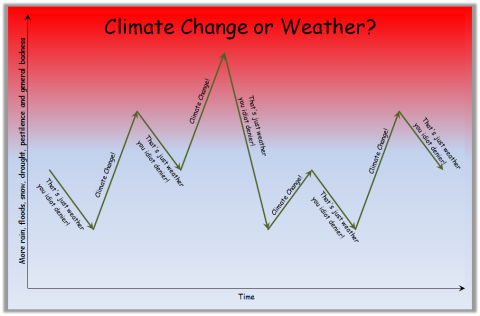At Climate Sceptic, Chris Morrison outlines the circumstances around the retraction of a journal article critical of the “climate consensus”:
Shocking details of corruption and suppression in the world of peer-reviewed climate science have come to light with a recent leak of emails. They show how a determined group of activist scientists and journalists combined to secure the retraction of a paper that said a climate emergency was not supported by the available data. Science writer and economist Dr. Roger Pielke Jr. has published the startling emails and concludes: “Shenanigans continue in climate science, with influential scientists teaming up with journalists to corrupt peer review”.
The offending paper was published in January 2022 in a Springer Nature journal and at first attracted little attention. But on September 14th the Daily Sceptic covered its main conclusions and as a result it went viral on social media with around 9,000 Twitter retweets. The story was then covered by both the Australian and Sky News Australia. The Guardian activist Graham Readfearn, along with state-owned Agence France-Presse (AFP), then launched counterattacks. AFP “Herald of the Anthropocene” Marlowe Hood said the data were “grossly manipulated” and “fundamentally flawed”.
After nearly a year of lobbying, Springer Nature has retracted the popular article. In the light of concerns, the Editor-in-Chief is said to no longer have confidence in the results and conclusion reported in the paper. The authors were invited to submit an addendum but this was “not considered suitable for publication”. The leaked emails show that the addendum was sent for review to four people, and only one objected to publication.
What is shocking about this censorship is that the paper was produced by four distinguished scientists, including three professors of physics, and was heavily based on data used by the UN’s Intergovernmental Panel on Climate Change (IPCC). The lead author was Professor Gianluca Alimonti of Milan University and senior researcher of Italy’s National Institute of Nuclear Physics. Their paper reviewed the available data, but refused to be drawn into the usual mainstream narrative that catastrophises cherry-picked weather trends. During the course of their work, the scientists found that rainfall intensity and frequency was stationary in many parts of the world, and the same was true of U.S. tornadoes. Other meteorological categories including natural disasters, floods, droughts and ecosystem productivity showed no “clear positive trend of extreme events”. In addition, the scientists noted considerable growth of global plant biomass in recent decades caused by higher levels of carbon dioxide in the atmosphere.
In fact this scandal has started to attract comparison with the Climategate leaks of 2009 that also displayed considerable contempt for the peer-review process. One of the co-compilers of the Met Office’s HadCRUT global temperature database Dr. Phil Jones emailed Michael Mann, author of the infamous temperature “hockey stick”, stating: “I can’t see either of these papers being in the next IPCC report. Kevin and I will keep them out somehow – even if we have to redefine what the peer-reviewed literature is!”














